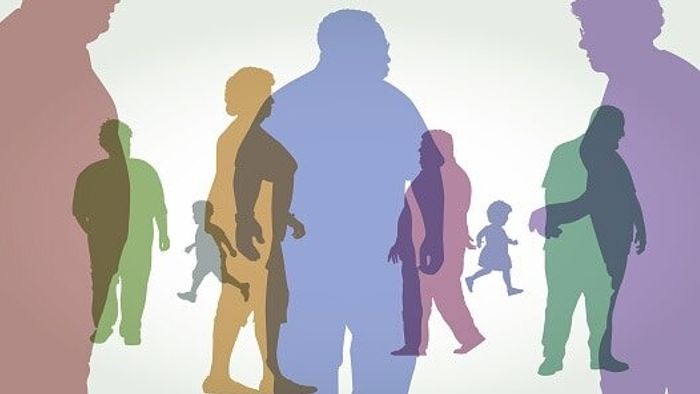Meghalaya records lowest obesity rates as India faces nationwide health crisis: Report
Meghalaya has emerged with the country's lowest obesity rates amongst women, standing at just 12 per cent, even as a new study reveals that nearly one in four Indian adults is now obese.

- Nov 26, 2025,
- Updated Nov 26, 2025, 10:52 AM IST
Meghalaya has emerged with the country's lowest obesity rates amongst women, standing at just 12 per cent, even as a new study reveals that nearly one in four Indian adults is now obese.
The research, launched by the Tony Blair Institute for Global Change in Delhi on November 25, highlighted the stark regional disparities in India's mounting health challenge. Whilst Meghalaya maintains relatively low obesity levels, Delhi faces the highest rates with 41 per cent of women classified as obese, according to data from the National Family Health Survey 2019-21.
The study warns that India has reached a critical juncture as obesity-related diseases surge across both urban and rural populations. Nationally, 24 per cent of women and 23 per cent of men are either overweight or obese—nearly five times higher than three decades ago.
The paper, titled 'Building on success to secure India's future health', documented significant variations between states. Child obesity rates also differ markedly, with 22.8 per cent of children aged 6 to 16 in Delhi classified as obese compared to 13.6 per cent in Maharashtra.
The economic toll is substantial. Obesity drains approximately $2.4 billion annually from healthcare budgets whilst reducing the country's economic output by roughly $28.9 billion—close to one per cent of GDP.
The report positioned India's crisis within a broader global pattern. Worldwide obesity rates have doubled since 1990, affecting almost one billion people. Without intervention, more than half of all adults globally could be overweight or obese by 2050.
Despite increased healthcare spending globally over the past two decades, people are spending fewer of their additional years in good health. Health systems designed primarily to treat illness now face mounting pressure from rising demand and diminishing resources.
The study acknowledged ongoing government efforts, including Eat Right India and the Fit India Movement, which aim to improve diets and physical activity. A tax on sugary drinks introduced this year and the development of national obesity guidelines demonstrate further preventive measures.
At a roundtable held in the capital, experts emphasised the need to integrate preventive health into India's growth strategy.
Vivek Agarwal, country director at the Tony Blair Institute for Global Change, said India is well-positioned to lead in prevention. "By combining technology, data and community-driven action, India can not only reduce the growing burden of obesity but also build a stronger, more resilient health system for future generations," he said. (With inputs from PTI)